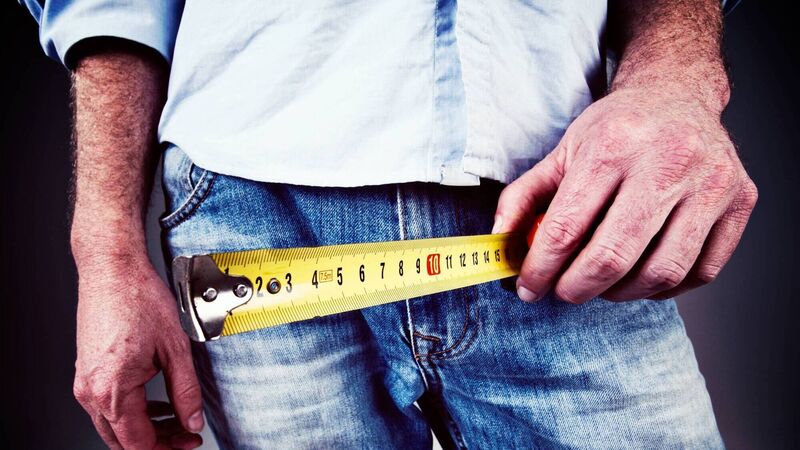Bernard O'Shea: How do we measure up in a world where 'average' is a bad thing?

Bernard O'Shea: Why is average a bad thing?
Recently I’ve been slightly obsessed with all things average. I’ve started to research what an average person would look like on the scoresheet of life and why being average has been somewhat shunned into the bold corner. One of the most influential people of the century, Steve Jobs, said, “Never settle for average”. As I write this article on an Apple device and text my sister on an iPhone, who am I to argue with his synopsis? But I might have to.
Salary, penis size and height are the three most Googled terms to include the word “average” in Ireland. There was a time in my living memory when being average at something was an achievement. I obtained an average Leaving Cert, and I was delighted. I presumed my slightly below average IQ was sufficient to navigate my way through life, and as for my eh … appendage … it’s average. But somehow, in the last decade or so, the term has been reduced to meaning ordinary or below par.







